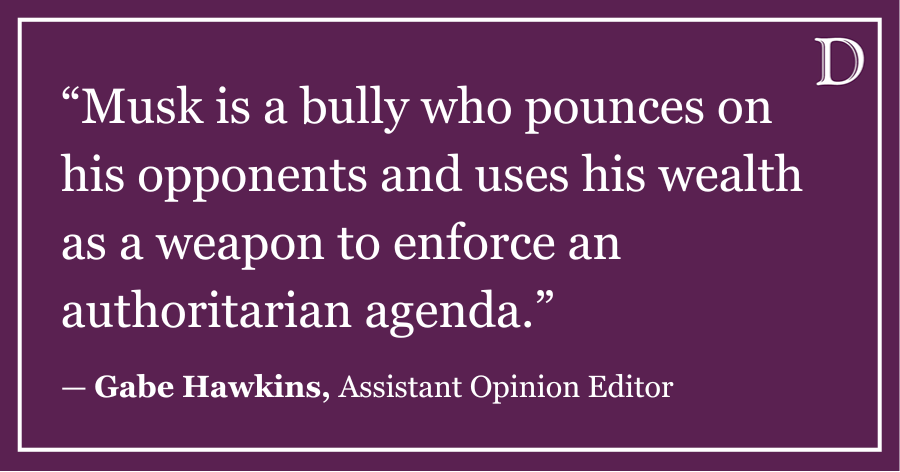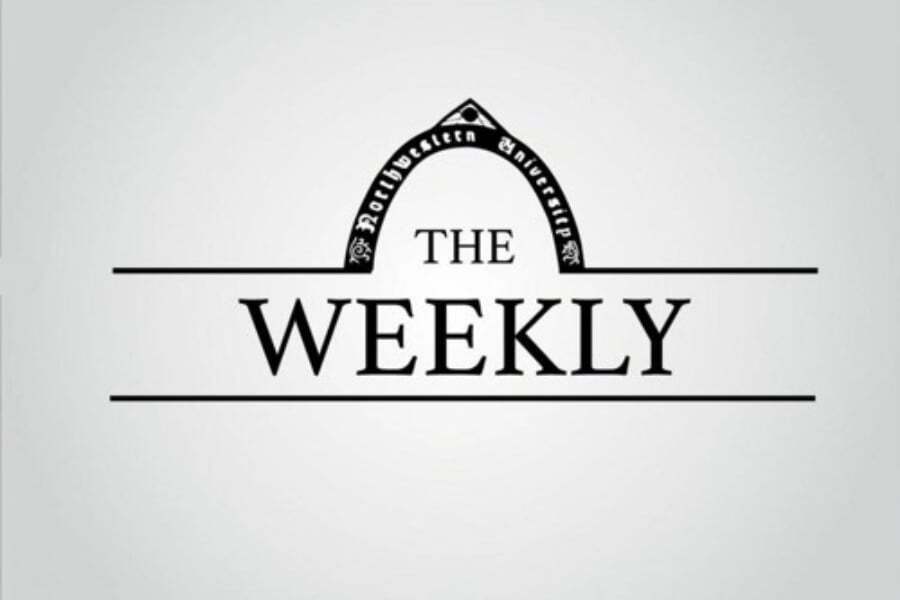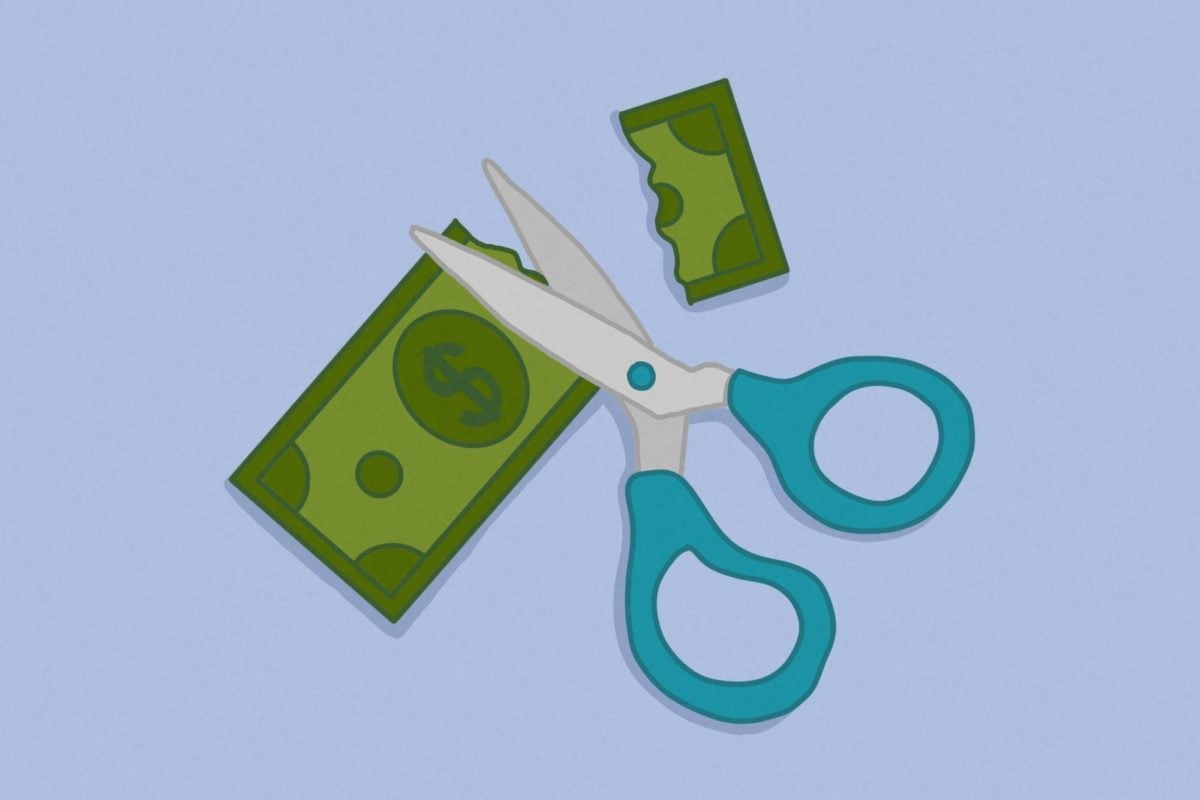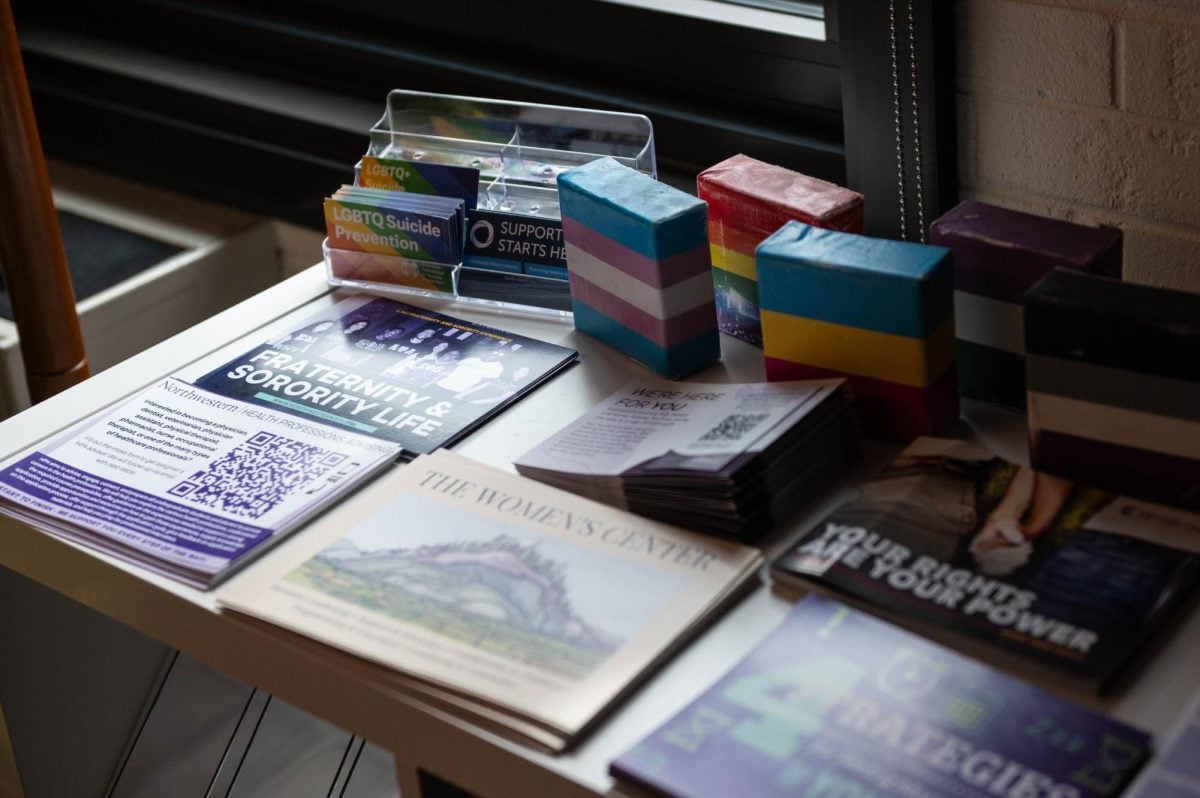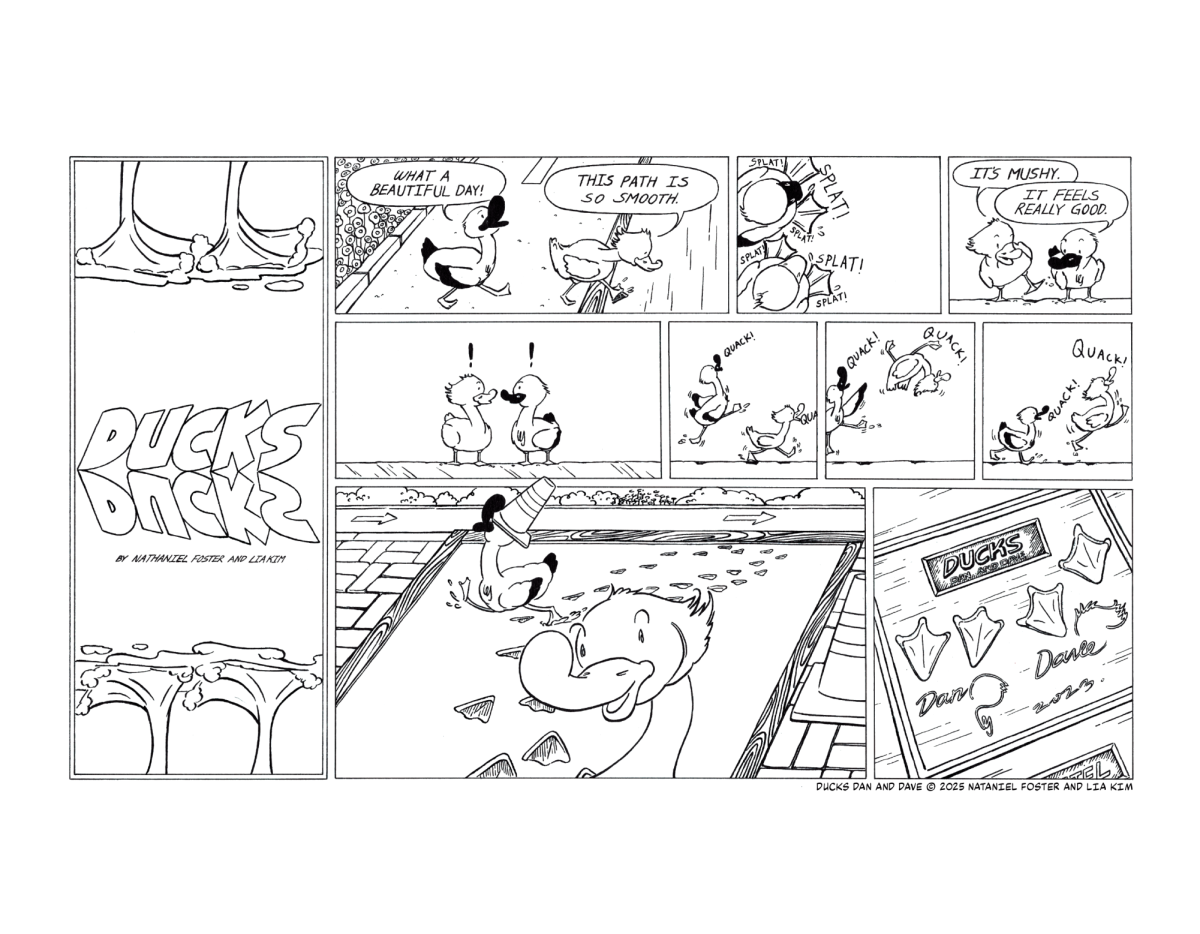Almost a month after the release of Taylor Swift’s 11th studio album, “The Tortured Poets Department,” I could barely grasp my complicated feelings for the album — or rather, my complicated feelings towards Taylor Swift.
Swift and her music have been a staple in my life for more than a decade now. As someone who used to celebrate release days by canceling all my plans, I was surprised when I found myself skipping through her newest 31-song album, often frowning because of how uncomfortable parts of the album were to me.
The feeling does not stem from the quality of the album itself, though the utter lack of sonic distinction and narrative progression certainly hinders the enjoyment. Despite this, Swift remains dizzyingly talented, yielding the power of her memories that sparks relatability for many.
However, as someone who has long had an in-depth understanding of Swift’s relationship with her fans, Swift’s narrative about her fame on TTPD feels inconsistent with the reality of her super star status. Complaints about her fame feel ingenuine, out of touch and overdone.
Through songs such as “I Can Do It With A Broken Heart,” “But Daddy I Love Him” and “Who’s Afraid of Little Old Me,” Swift paints herself as powerless in front of the wrath of the music industry. Such rhetoric seems more appropriate for a wide-eyed new artist unaware of the downsides of fame, not a mega star like Swift.
But Swift’s stardom today is one both of her active cultivation and of her own choosing; as her fans, “Swifties,” are often seen as delusional for having a “parasocial” relationship with Swift. A lack of boundaries is something that Swift actively develops.
From inviting especially passionate fans to her house for her birthday, to leaving clues for her fans to pick apart, Swift undoubtedly indulges the fantasy that many of her fans share. Most honest Swifties (including myself) will tell you that the allure of Taylor Swift extends far beyond her music; the songwriting and performance is only a part of being a fan, the other being the narrative and relationship that Swift sells.
Swift’s lack of boundaries with her own fans is one of her own choosing can be seen through alternative career paths in the music industry. Chappell Roan makes it clear her stage name is her Drag persona, and she asks her fans to respect her boundaries by not using her real name. Adele, only a year older than Swift, disappeared from the public for years before releasing one of the most popular albums of 2021.
But that, evidently, is not the relationship that Swift elected to have with her fans. The confessional nature of her music and lack of boundaries has made her one of the world’s biggest stars. More than sheer popularity, Swift’s close relationship she fosters with her fans is at times a powerful weapon, for example, seen in their loyalty to Swift during her fight with Scooter Braun over her master recording.
So as someone who had sympathized with Swift for a decade, I understand how making a choice that forgoes parts of her privacy would be difficult. I see why she depicts herself as a passive recipient of her own fame; sometimes we paint ourselves in a powerless light in a situation where we feel as though we cannot accept an alternative outcome, no matter how miserable the status quo makes us.
I understand she is free to be tortured by her fame and still choose it. But sometimes it makes it hard to fully enjoy Swift, who I deeply care for, while she tells me time and time again how miserable her situation makes her and that there’s nothing she can do about it. I find myself turning into Miranda from Sex and The City, yelling at Carrie over her relationship with Mr. Big telling her “how many more times are you going to go through this? He is bad for you!…and the thing that pisses me off the most, is that you’re more than willing to go right back for more.”
And doesn’t listening to Swift sometimes feel like listening to a friend who can just never leave her ex? Someone who is somehow surprised at being hurt again despite placing herself in the exact same situation? Who tells you that she can’t live without the stardom?
Swift, who had spent her entire life chasing fame despite the misogyny of the industry, perhaps sees any semblance of a decrease in her celebrity as a failure, being tossed aside by the industry, but what’s the point of being The Man when the process makes her miserable? Is it truly empowerment if Swift’s success comes at the expense of her happiness?
Definitions of a successful career in music extends beyond fame; Adele remains successful despite her years-long privacy, and Beyonce’s private family life and reduced media exposure does not affect her acclaim as an artist or her artistic legacy. Even Swift, two albums ago, drew the boundary with her fans to not be autobiographical on folklore and evermore, remaining a successful artist while guarding her personal life.
There are, however, caveats. Lorde, Swift’s musical peer, often talks about her life of normalcy in New Zealand and updates her life with her fans via an old-timey mailing list, as if chatting with old friends. The downside to Lorde’s choice, then, is when both her and Swift make similar lackluster records (“Solar Power” and “Midnights,” respectively), the former is widely criticized, while the latter earned an undeserving “Album of the Year” award at the Grammys.
Perhaps Swift is simply unwilling to pay the price for her privacy and peace. For someone who craves approval and applause, is Swift ready for fair criticism of her work to influence her sales and awards? Does she trust that without grabbing headlines with her romantic life, people would still tune into the new record? Does she believe that her art can still be successful, even when she’s no longer selling out stadiums?
She perhaps does not, but I do.
Lavender Huang is a Medill Sophomore. She can be contacted at lavenderhuang2026@u.northwestern.edu. If you would like to respond publicly to this op-ed, send a Letter to the Editor to opinion@dailynorthwestern.com. The views expressed in this piece do not necessarily reflect the views of all staff members of The Daily Northwestern.




